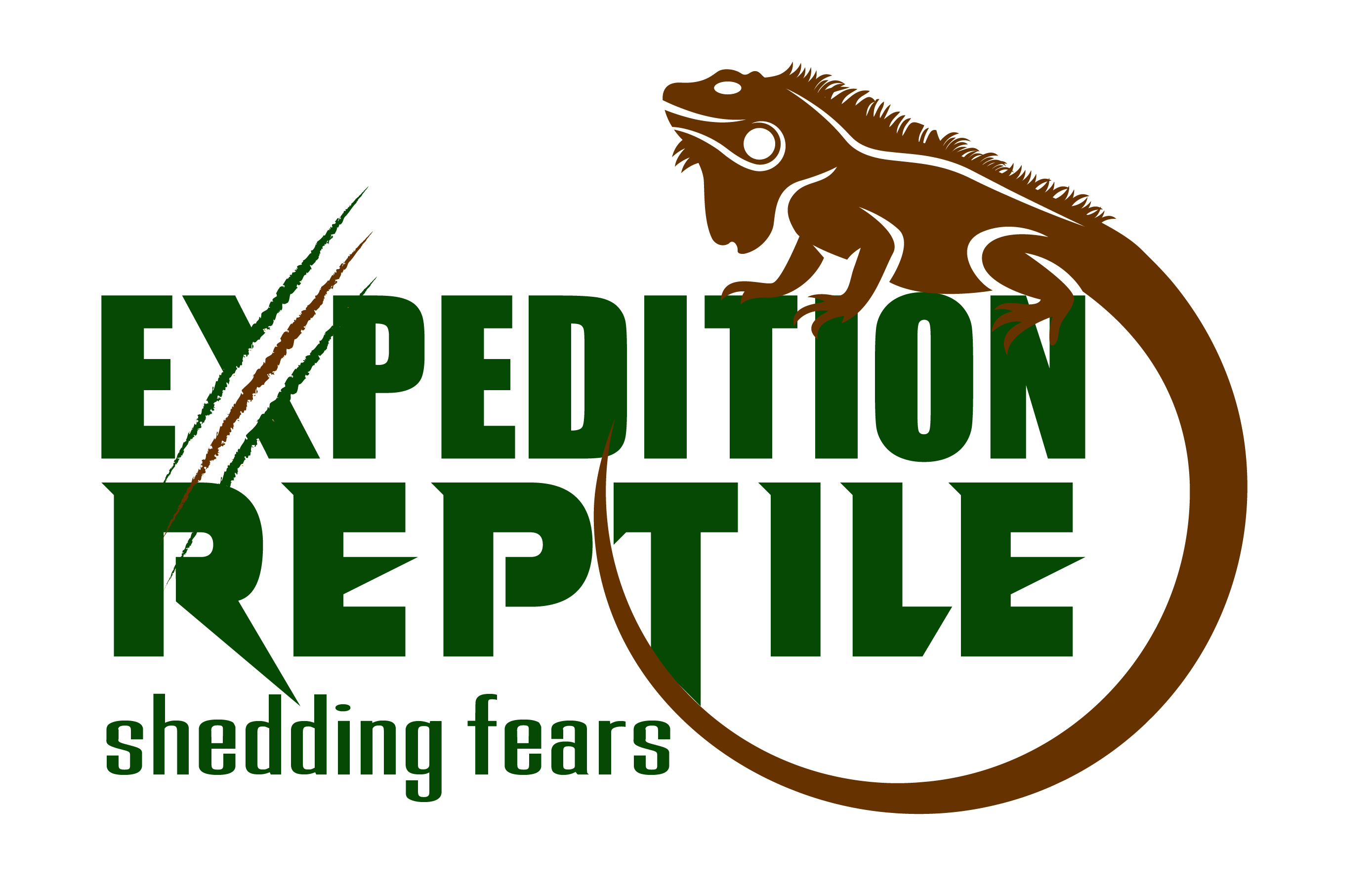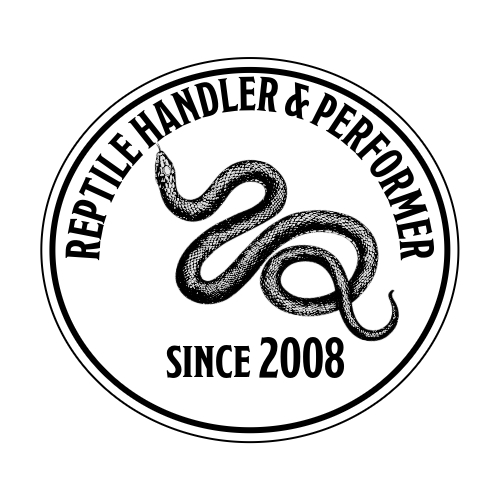
Why Reptiles Should Be Kept by Professional Keepers ONLY
Reptiles, such as bearded dragons, leopard geckos, and ball pythons, are fascinating creatures that captivate many with their unique behaviors and striking appearances. These reptiles can make rewarding companions, but they come with complex care requirements that demand expertise, dedication, and preparation. Unlike traditional pets like dogs or cats, reptiles have specialized needs that, if unmet, can lead to serious health issues or even death. For this reason, keeping reptiles should be reserved for professional keepers who are committed to providing the highest standard of care. Let’s explore why this is so important, focusing on health risks like metabolic bone disease, the dangers of improper housing, the pitfalls of impulsive pet purchases during holidays, and the critical need for thorough research and veterinary care.
The Dangers of Metabolic Bone Disease (MBD)
One of the most heartbreaking and preventable conditions affecting reptiles in captivity is metabolic bone disease (MBD). This condition arises when reptiles, such as bearded dragons or iguanas, do not receive proper nutrition or environmental conditions. MBD is caused by a lack of calcium, vitamin D3, or inadequate exposure to ultraviolet B (UVB) lighting, which is essential for reptiles to synthesize vitamin D3 and absorb calcium. Without these, a reptile’s bones become soft, deformed, or brittle, leading to painful symptoms like swollen limbs, difficulty moving, or even fractures.
For example, a bearded dragon housed without a proper UVB light or fed a diet lacking calcium supplements may develop MBD within months. Inexperienced keepers might not notice the early signs—such as lethargy or a soft jaw—until the condition becomes severe. Professional keepers, on the other hand, understand the precise balance of diet, supplements, and lighting needed to prevent MBD. They meticulously monitor their reptiles’ health, ensuring that enclosures mimic natural conditions with appropriate heat gradients, UVB exposure, and calcium-dusted prey. This level of expertise is crucial to keeping reptiles healthy and thriving, as even small oversights can have devastating consequences.
The Risks of Improper Housing and Escapes
Another critical reason why reptiles should be kept by professional keepers is the importance of secure and species-appropriate housing. Reptiles have specific environmental needs, including precise temperature ranges, humidity levels, and substrate types, which vary by species. For instance, a ball python requires high humidity and a warm hide, while a leopard gecko needs a dry environment with a moist hide for shedding. If these conditions are not met, reptiles can suffer from stress, respiratory infections, or improper shedding, all of which can compromise their health.
Improper housing also poses a significant safety risk: escapes. Reptiles are surprisingly adept at finding weaknesses in their enclosures. A poorly secured tank lid or a gap in a vivarium can allow a snake or lizard to slip out, putting the reptile in danger. Escaped reptiles may encounter household hazards like extreme temperatures, toxic substances, or even other pets. In some cases, they may become lost and unable to survive without their controlled environment. Professional keepers prioritize secure enclosures, often custom-built or rigorously checked, to prevent escapes. They also understand the importance of regular maintenance, such as inspecting seals and locks, to ensure their reptiles remain safe and contained.
The Holiday Trap: Impulse Purchases and Neglect
The holiday season often brings a surge in reptile purchases, particularly bearded dragons, as parents buy them as gifts for their children. While the idea of gifting a child a “cool” pet may seem appealing, it frequently leads to tragic outcomes. Children, and even some adults, may initially be excited about their new bearded dragon, but the novelty can wear off quickly. Caring for a reptile is a long-term commitment—many species live 10-20 years or more—and requires daily attention to feeding, cleaning, and monitoring environmental conditions. When interest fades, the reptile often suffers from neglect.
A common scenario is a bearded dragon purchased during the holidays, housed in a basic tank with inadequate lighting or heat, and fed an improper diet. As the child loses interest, feedings become irregular, and the enclosure is rarely cleaned. Over time, the reptile may develop MBD, respiratory issues, or other health problems, leading to a shortened lifespan or death. This is not only heartbreaking for the animal but also a stark reminder that reptiles are not disposable pets. They are forever family members, deserving the same level of care and commitment as a dog or cat. Professional keepers understand this responsibility and are prepared to provide consistent, lifelong care, ensuring their reptiles live full, healthy lives.
Reptiles as Forever Family Members
Reptiles, like any other pet, are living beings that deserve love, respect, and proper care. A well-cared-for ball python can become a calm, interactive companion, curling gently around its keeper’s arm. A leopard gecko may learn to recognize its owner and eagerly approach for food. These animals form bonds with their keepers when given the right environment and attention, just as dogs or cats do. However, their unique needs mean that only those with the knowledge and resources to meet them should take on the responsibility of their care.
Professional keepers treat their reptiles as lifelong family members, investing in their well-being through proper husbandry, regular health checks, and enrichment activities. For example, they might provide climbing structures for an active iguana or a digging substrate for a monitor lizard, mimicking their natural behaviors. This dedication ensures that reptiles not only survive but thrive in captivity, living out their full potential as fascinating and rewarding companions.
The Importance of Research and Preparation
One of the most critical steps in reptile keeping is thorough research and preparation before bringing a reptile home. Each species has unique requirements, and failing to understand these can lead to serious consequences. For example, a green iguana requires a large enclosure with high humidity and ample climbing space, while a corn snake needs a secure tank with hiding spots and a warm basking area. Professional keepers spend hours studying their chosen species, learning about its diet, environmental needs, and common health issues. They also invest in high-quality supplies—such as UVB lights, thermostats, hygrometers, and appropriate substrates—before acquiring the animal.
Research extends beyond the basics of care. Keepers must also identify a qualified exotic veterinarian who specializes in reptiles, as regular checkups are essential for catching health issues early. Unlike dogs or cats, reptiles often hide signs of illness until they are critically ill, making veterinary expertise crucial. Professional keepers establish a relationship with an exotic vet and schedule routine visits to monitor their reptile’s health, ensuring any problems are addressed promptly. This level of preparation and commitment is non-negotiable for responsible reptile ownership.
The Role of Exotic Veterinarians
Finding a qualified exotic veterinarian is one of the most important steps for any reptile keeper. Reptiles have unique physiology, and not all veterinarians are trained to treat them. A professional keeper ensures their reptile has access to regular veterinary care, including annual checkups and immediate attention for any issues. This proactive approach can prevent minor problems from becoming life-threatening, ensuring a long and healthy life for the reptile.
Meet our friends …
Our Final Thoughts
Reptiles are incredible animals that bring joy and wonder to those who care for them, but they are not suitable for casual or unprepared owners. The risks of metabolic bone disease, escapes due to improper housing, and neglect from impulsive holiday purchases highlight why only professional keepers should take on the responsibility of reptile care. These animals are forever family members, deserving the same love and dedication as any dog or cat. By conducting thorough research, investing in proper supplies, and partnering with an exotic veterinarian, professional keepers ensure their reptiles thrive in captivity. If you’re considering a reptile as a pet, take the time to study, prepare, and commit fully—your future scaly companion deserves nothing less.




